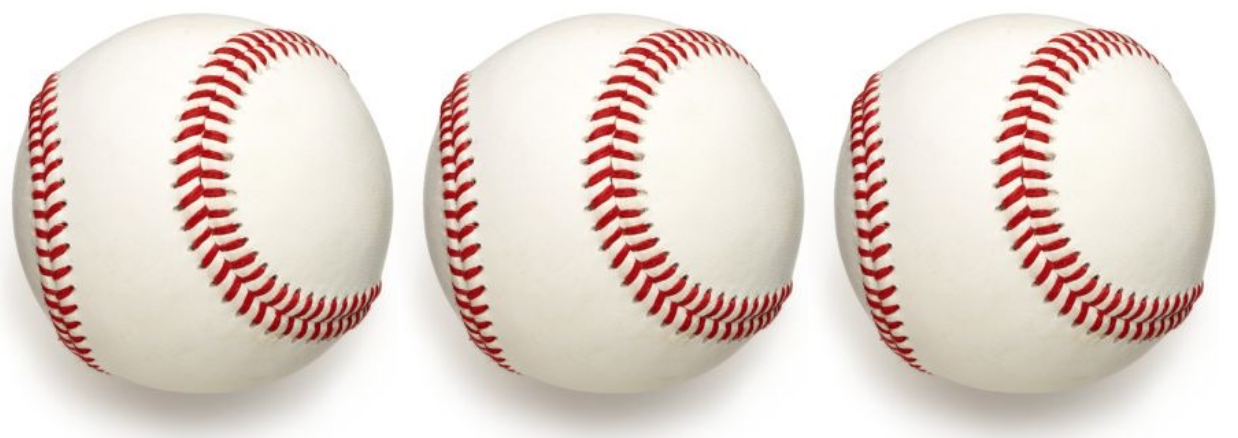It’s December, so we know that focus is not the most bountiful trait in your classroom. Unfortunately for teachers, learning still has to (somehow) happen. Luckily, our intern Gino has a great idea for a way to practice multiplication in a way even your December students can engage in.
Multiplication baseball is a game students can play to practice their timetables. It’s a good change of pace from the standard multiplication and division fact triangles.
Here’s what you do:
- Write multiplication problems on small pieces of paper, and the answers on the back.
- Sort the problems into four piles based on difficulty. The piles will correlate to singles, doubles, triples, and home runs. Easier problems (small number problems like 2×3) will be for singles, and the more difficult problems (like 12×8) would be home runs.
- Divide your class into two teams and create a batting order (line) for each team.
- Draw a Baseball Diamond on the board, and a section to tally each team’s points.
- Whoever is “up to bat” will choose their pitch: a single, double, triple, or home run.
- Read the batter their question, and give them 5 seconds to respond.
- If they answer the question correctly, mark which base they advance to (and adjust other “batters” as necessary. If they answer incorrectly, it counts as a strike. As in real baseball, three strikes and you’re out.
- Once the team receives 3 outs, switch to the other team.
- Play as many innings as make sense for your timeframe, and make sure to have a “mercy” rule in case a team really knows their multiplication.
Many elementary students like to compete and feel like all-stars, so what could be better than multiplication baseball? Students who struggle or don’t like math may find this alternative way to learning their times tables beneficial. The teams mean that every student will be encouraged by their classmates to learn their fact. Plus, what student doesn’t want to be the slugger for their team, hitting home runs like Albert Pujols.
The more times you play and get students practicing their times tables, the more you’ll see your students confidence increase when it comes to multiplication. Play this game to have all of your students feeling like superstars.

